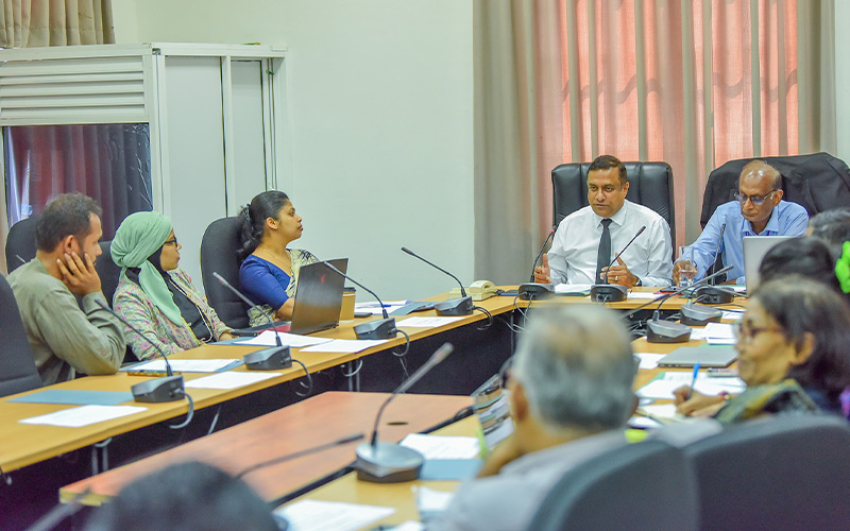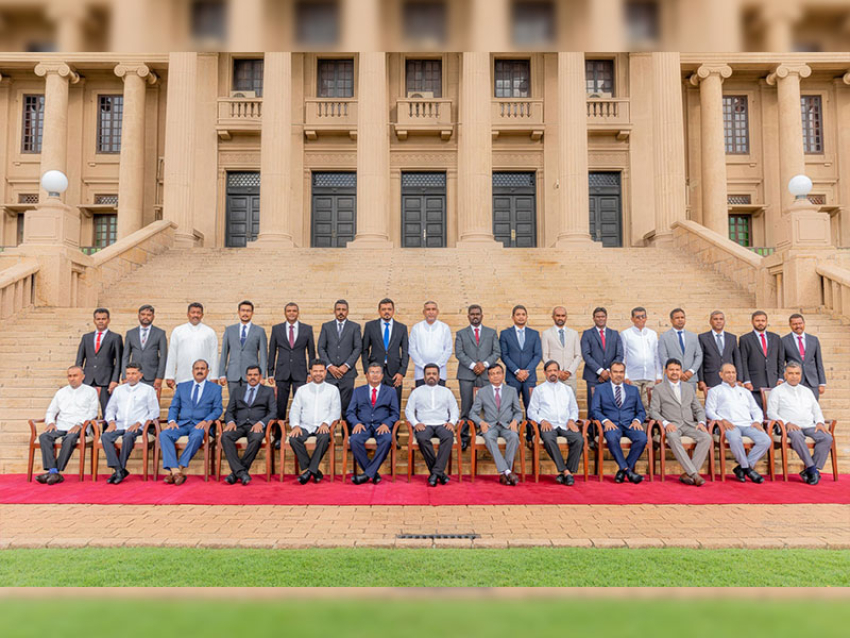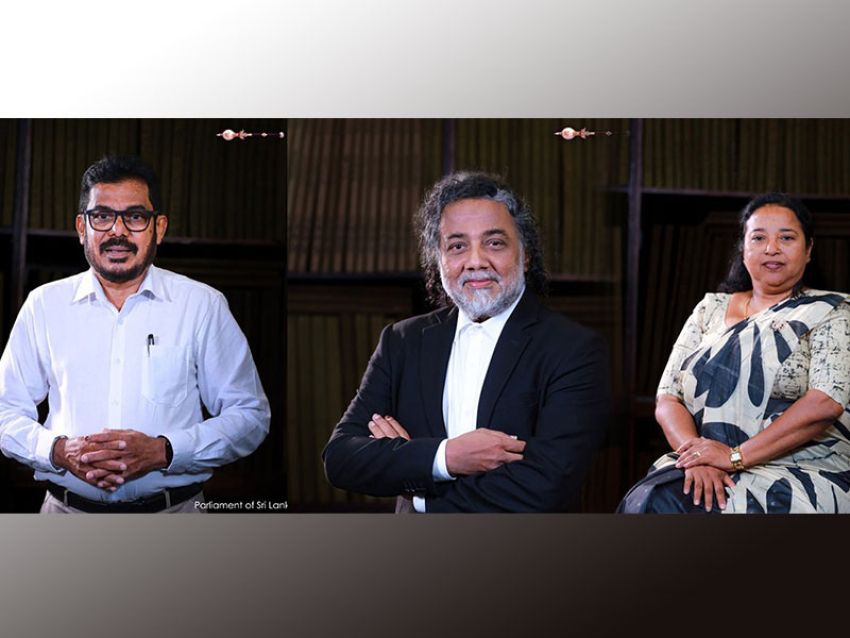One session convened a diverse assembly of individuals and stakeholders, including representatives from civil society organizations and religious institutions represented by the Himalayan Group, each offering unique perspectives and expertise. In another session, representatives included several senior academics from various universities, journalists, and representatives of civil society organizations, providing a comprehensive range of insights and expertise.
The envisioned CTUR in Sri Lanka is slated to be an autonomous truth-seeking body, established through the legislative channel through an Act of Parliament, with a specific mandate to uncover truths regarding alleged violations during the country’s conflict in the Northern and Eastern Provinces during the period from 1983 to 2009. Positioned as an impartial entity, the CTUR will methodically gather victim narratives, document instances of violence, acknowledge past injustices and formulate recommendations to prevent future occurrences, thereby contributing to the nation’s healing process post-conflict.
These two dialogues principally revolved around the draft legislation for establishing an independent commission, alongside on-going efforts of the Interim Secretariat for Truth and Reconciliation Mechanism (ISTRM). Key provisions of the bill underscored the commission’s mandate to investigate and offer recommendations concerning human rights violations during the conflict period and from 1983 to 2009 and its aftermath. Stakeholder engagement strategies, including field visits and consultation forums, were deliberated, alongside insights into the drafting process of the proposed legislation. The ISTRM explained that the draft represents extensive consultations by the Consultation Task Force in the past (2016-2018) and the more recent and on-going consultations with the stakeholders by the ISTRM.
There was recognition of the necessity for a coordinating mechanism within the government to ensure effective reconciliation and justice.
The media’s role in shaping public opinion and potentially exacerbating communal tensions was highlighted, with a plea for responsible and neutral reporting. Discussions also touched upon the composition of the commissions, advocating for diverse expertise and the importance of engaging civil society and religious leaders in reconciliation efforts to garner public support.
The ISTRM also explained the commission’s jurisdictional scope, the appointment process for commissioners and the roles of the advisory panel and monitoring committee. Emphasizing objectives such as promoting truth-telling, restoring victims’ dignity and preventing future conflicts, the participants stressed the importance of stakeholder engagement and invited constructive feedback for the draft legislation.
It was also highlighted that numerous ideas and suggestions gathered from these consultations and discussions have already been incorporated into the draft bill. Following an extensive consultation process, the draft bill is slated to be submitted to Parliament for further consideration.
Attendees of the discussions included prominent figures such as Ven Kalupahana Piyarthana Thera, Dr. Jehan Perera, Dr. Joe William, Dr. Dayani Panagoda, Ms. Visaka Dharmadasa and Mr. V. Kamaladhas demonstrating widespread interest and engagement in the reconciliation process.
The discussions from the ISTRM was led by the Director General, Dr. Asanga Gunawansa, (PC) aided by the Head of Policy, Dr. C. Y. Thangarajah.




















